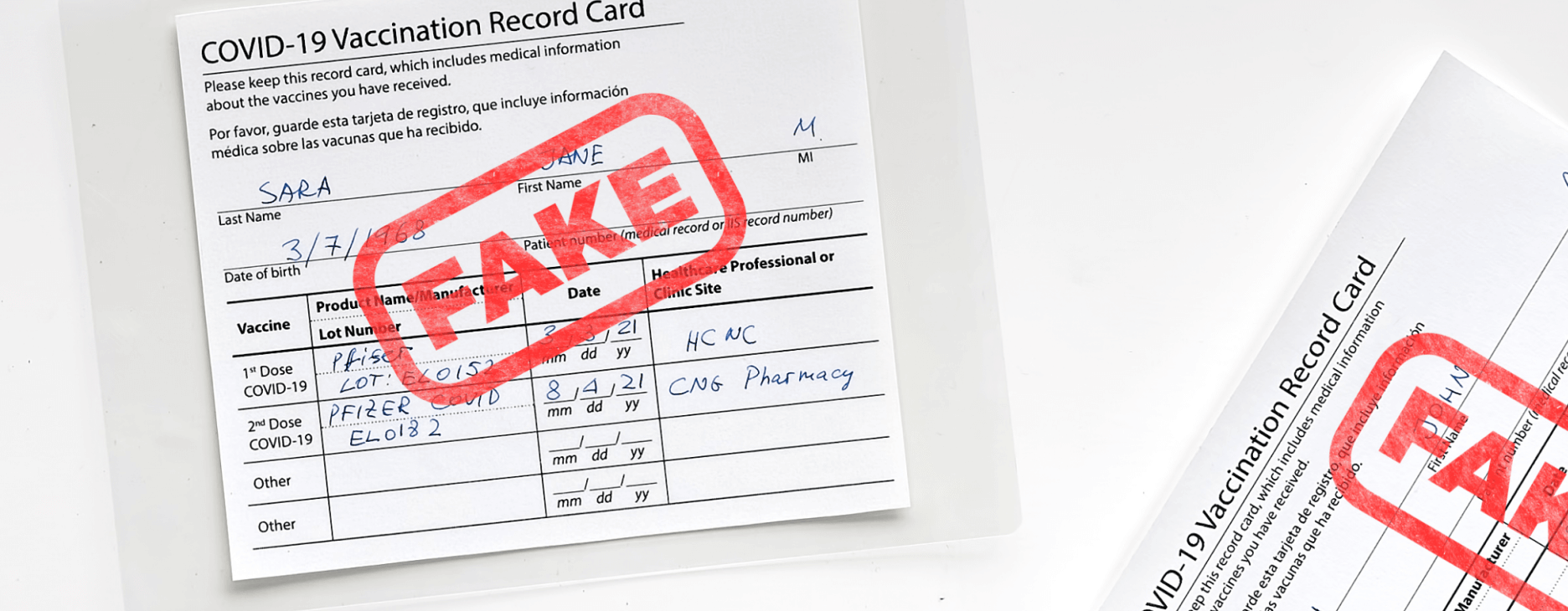From the first few cases reported in China towards the end of 2019, coronavirus is now starting to hit the headlines all round the world. The World Health Organization is looking on nervously and hopes to help contain the spread of the illness until a vaccine can be developed. Meanwhile, new cases are reported almost daily with more and more countries being affected.
But what is being less reported is the spread of another contagion linked with the virus – that of scammers who are hoping to exploit the global panic for their own illegal gains. So it’s as well to be aware of what forms these scams are taking, and how you can take steps to avoid being a victim.
SINKING THE PHISHING SCAMS
In the current climate, people are eager to learn as much as they possibly can about the virus, its symptoms and, most importantly, how to avoid contracting it. Some scammers are trying to exploit this fact by sending emails that appear to be from an official source containing links to articles with relevant information. In fact, they will take you to malicious websites set up to steal identity and financial information and possibly even infect your computer with a virus or other malware. So beware of any emails unless you can be 100% sure that they are genuine.
RESISTING THE RETAIL SCAMS
Ever since the news of the virus started to spread there has been a sudden increase in demand for hygiene products like face masks and hand sanitizer. This, in turn, has led to many pharmacies and medical supply companies running out of stock.
This has presented a golden opportunity for scammers to set up a number of fake websites. In some cases they are selling face masks that fail to meet approved quality standards, in others they are simply taking payment and never supplying the goods.
Signs that a website might not be as genuine as it first appears to be include having many links to it on social media, being littered with spelling and grammar mistakes and simply not looking or feeling “quite right”.
IMMUNIZING YOURSELF FROM CORONAVIRUS SCAMS
It’s a sad reflection of the world today that criminals will take a terrible situation like the coronavirus outbreak and try to use it to exploit the public. But, unfortunately, this is exactly what they’re doing. But don’t worry. There’s plenty we can do to stop them.
Handling Phishing Attempts
- The first thing to look at is the address of the sender. If it looks suspect in any way, delete the email immediately.
- If there are any links in the email be very cautious about following them unless you can be 100% sure that the sender is genuine.
- Scammers use a very particular form of sensationalist language to instil a sense of urgency and panic. So watch out for words like “exclusive”, “danger” and “shocking”. Spot any of these, or similar words, and you need to be on your guard.
Avoiding Retail Scams
- All legitimate retailers should have a physical address that they publish on their website. If you can’t find one, it’s probably a hoax.
- If you do buy, use a credit card as this includes financial protection against scammers.
- Get an idea of what most retailers are charging for the products in question. High prices suggest it might not be legitimate.
- Don’t go to online marketplaces like eBay and Craigslist – buy direct from trusted retailers instead.
Fear and panic are the two things many scammers rely on to persuade people they are genuine. But, armed with the advice you’ve received here, you should be able to make rational, sensible decisions that will keep you safe.
